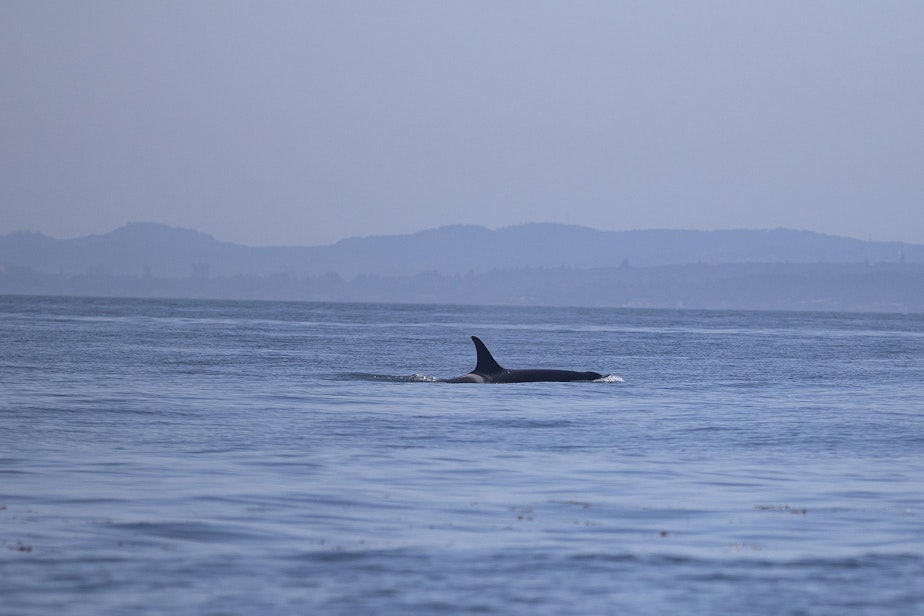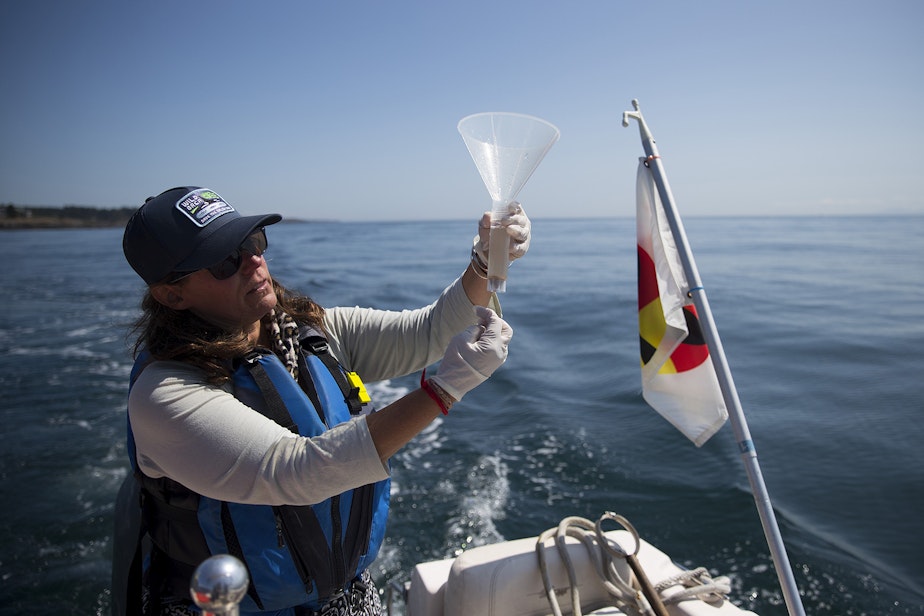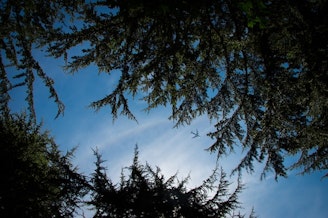Good news from Salish Sea: J pod is back in its summer haunt

The orcas are back in the Puget Sound region again.
The endangered J pod has spend the past week near San Juan Island and other inland waters.
Members of the endangered J pod have been swimming back and forth near the San Juan Islands and Vancouver Island since July 4. The southern resident orcas have spent less and less time in the Salish Sea, where they are summer residents, due to a lack of food in recent years.
The fact they've spent at least 10 days in inland waters means there is salmon, says University of Washington Center for Conservation Biology researcher Deborah Giles. She says they've been seen diving for fish.
"This morning [Tuesday] they were picked up first thing, right off the west side of San Juan Island," Giles said. "They do this thing we call the 'west side shuffle' between south beach and the Lime Kiln lighthouse."
It's a rare sighting of the endangered whales; the entire J-pod has been present. Every member accounted for and photographed by biologists.
Sponsored
But the other pods (K and L) are not present, which Giles says is due to the food shortage. The Southern Resident orcas won't stay in the inland waters if there is not adequate salmon for them to eat daily, and K and L pods are so far feeding elsewhere this summer.

And it's troubling for another reason. The pods need to swim and breed together in order for them to recover from their endangered state.
The J pod is here, for now.
"They're doing this loop", says Giles.
"Going up to the Fraser [river], going into the Strait of Georgia (but clearly there's not enough fish going up through the Strait of Georgia). Heading for their spawning river, the Fraser, and the tributaries of that. There's just not enough fish going up into that region to keep the whales up there, so they're coming back down here along the west side of San Juan and so far getting enough to eat to keep them here."
Sponsored
RELATED: The power of poop while tracking orcas
Giles followed the J pod Monday and Tuesday to collect fecal samples and track their health for the UW Center for Conservation Biology. She's studying whether the samples show signs of stress, parasites, or other problems. Giles is also Science and Research Director for the organization Wild Orca.




